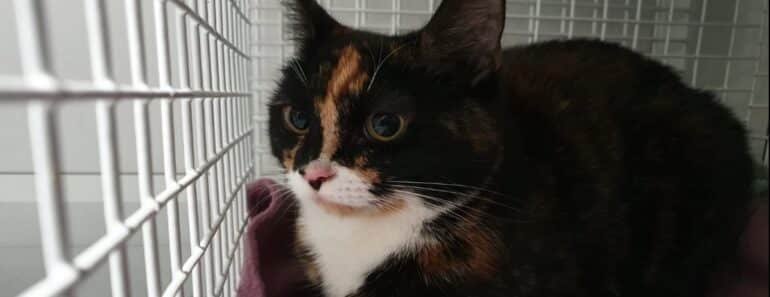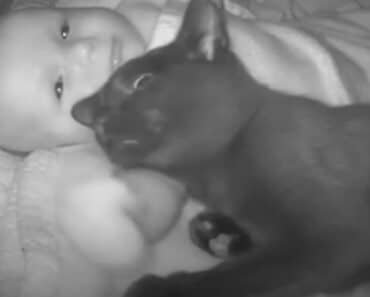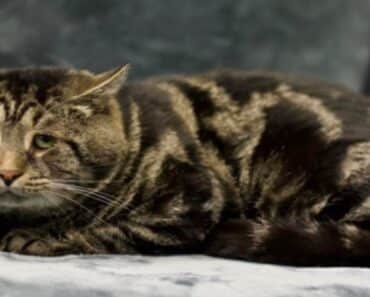


Amused Pet Owners Discover Their Cheeky Cat Playing with the Light Switch at Dawn

Family Spots Adorable Kitten Creeping into Baby’s Crib for Cuddle Sessions

Indoor Cat Pesters Owner for Snowy Outdoor Playtime

Cinderella Story: Depressed Shelter Cat’s Fairy-Tale Transformation

Woman Composes Enchanting Lullaby for Her Frequent Fox Guest

Charming Kitten with a Unique Squishy Face Awaits a Loving Home

